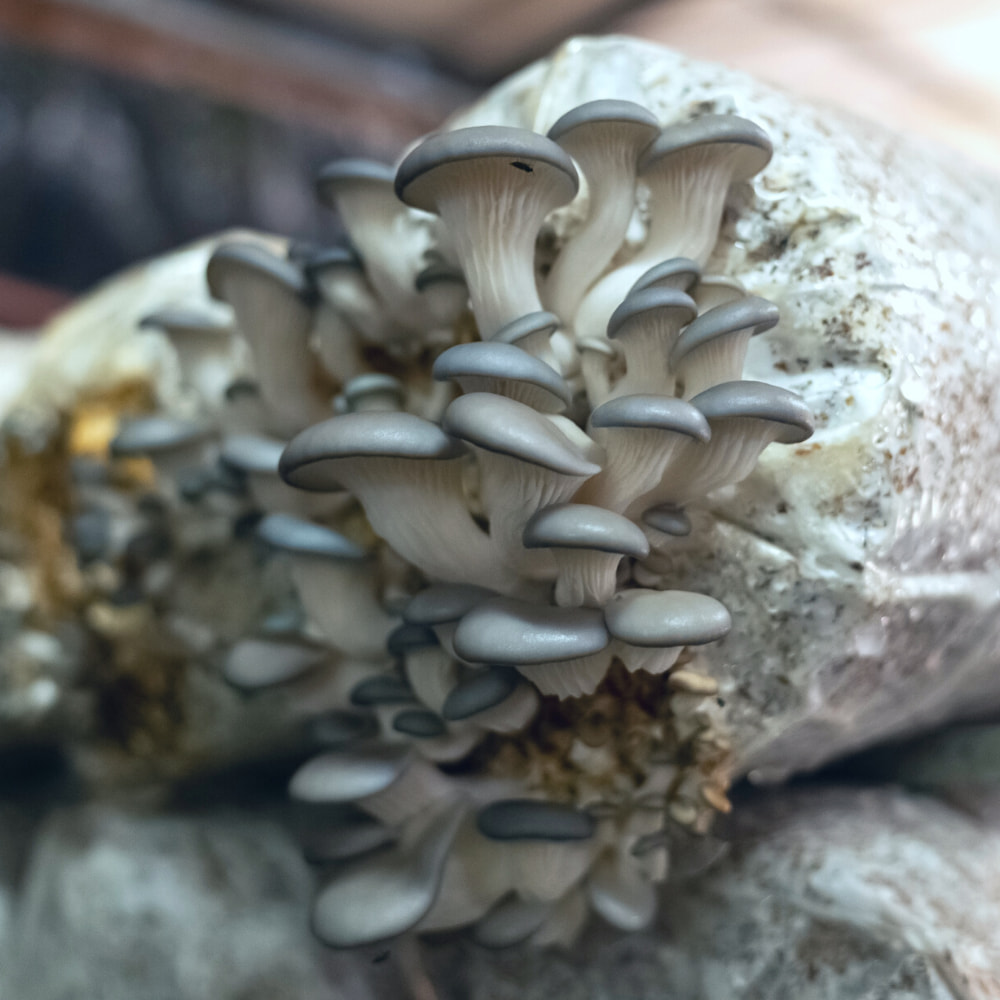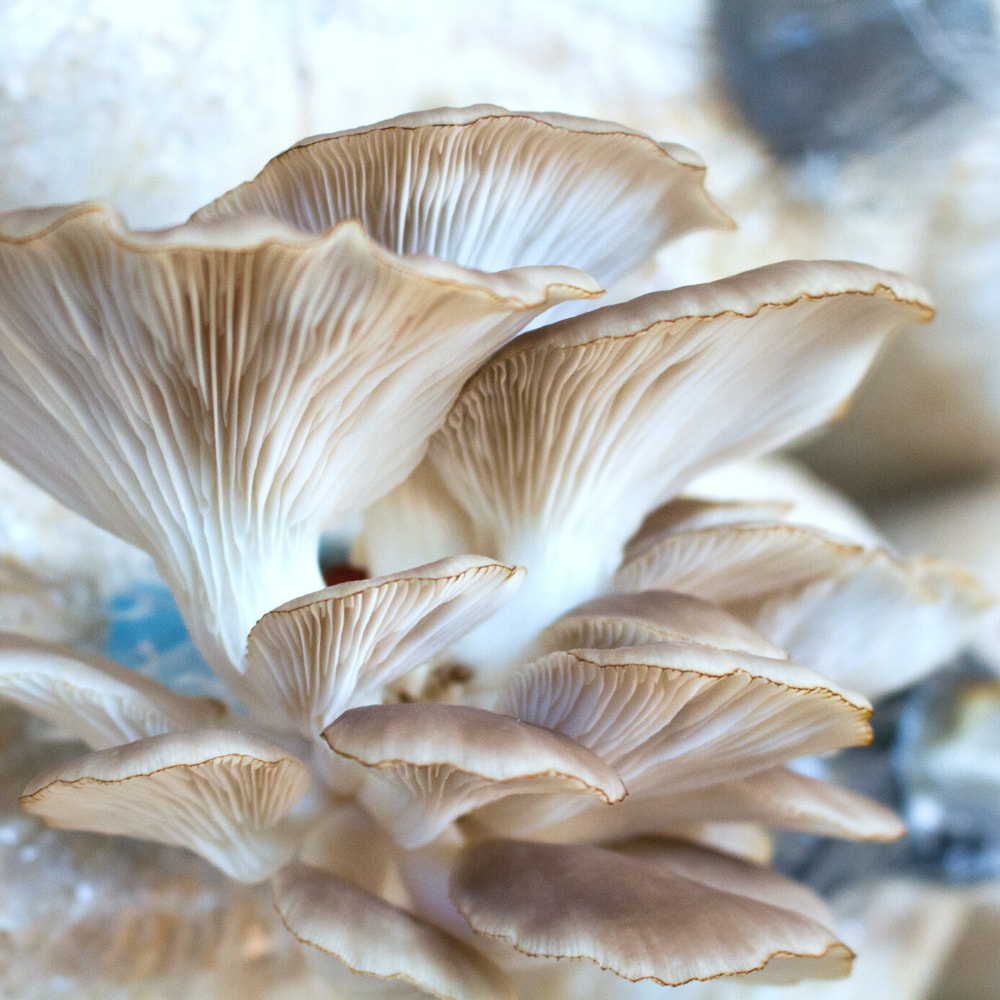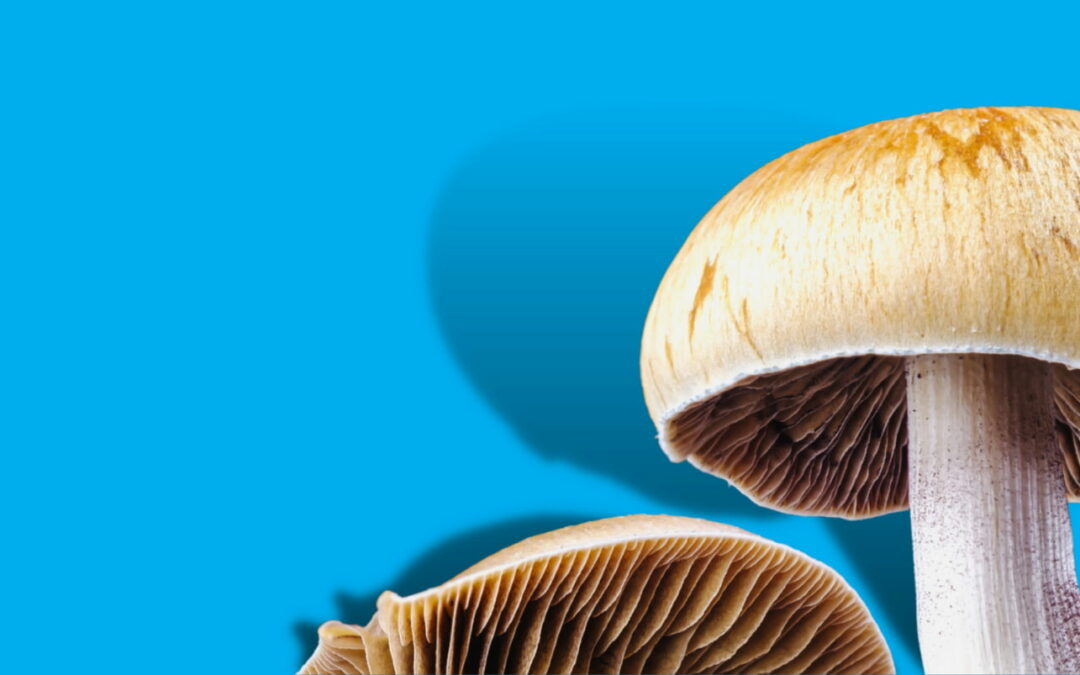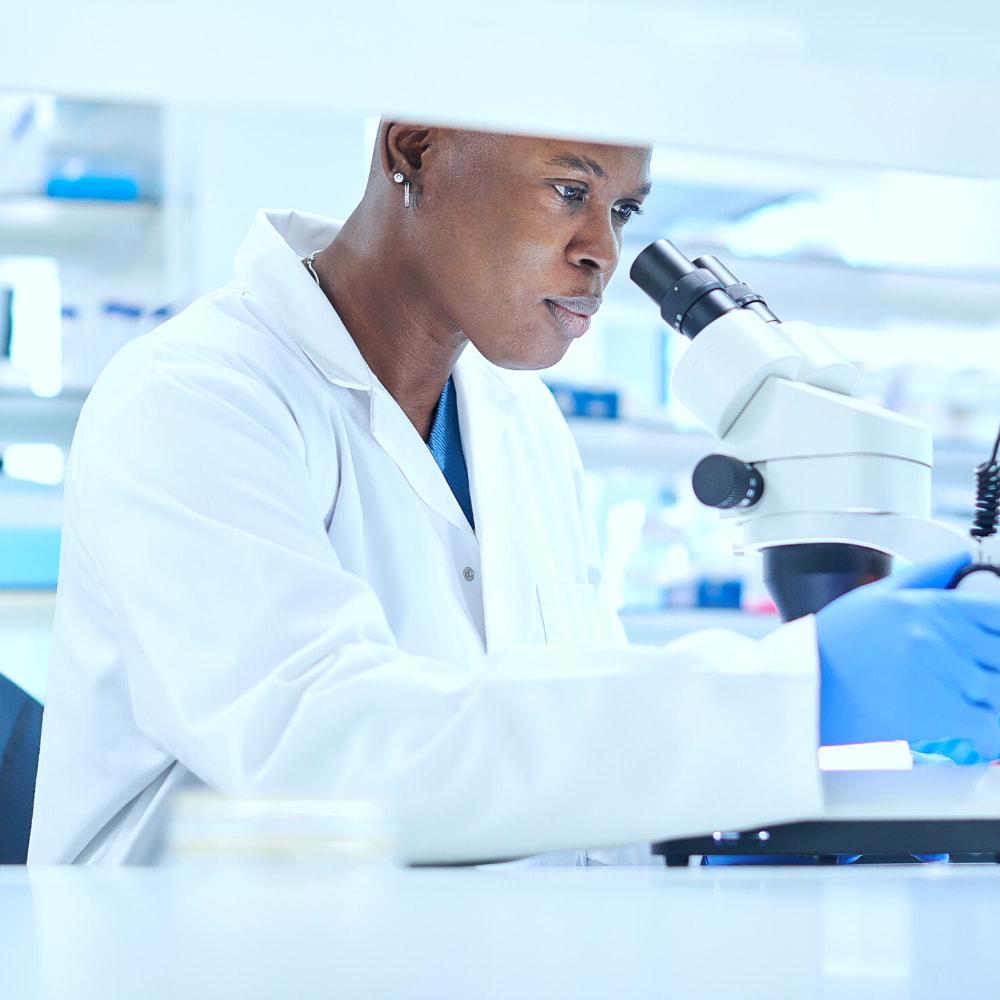MUSHROOM EXTRACTION METHODS
Mushroom extraction refers to the process of extracting the active compounds from mushrooms. Mushrooms are known for their unique and potent medicinal properties that can be attributed to their active compounds, such as polysaccharides, triterpenoids, and beta-glucans. Extraction is the most effective way to isolate these compounds and make them available for therapeutic use. In this article, we will discuss the different types of mushroom extraction methods and their benefits.
Water Extraction
Water extraction is the most common method used to extract medicinal compounds from mushrooms. This method involves boiling dried or fresh mushrooms in water for a period of time. The heat helps to break down the cell walls of the mushroom and release its active compounds into the water. The resulting liquid can be consumed as a tea or used as a base for other preparations.
Water extraction is effective for extracting polysaccharides, beta-glucans, and other water-soluble compounds. It is a simple and inexpensive method that can be done at home with minimal equipment. However, water extraction may not be effective for extracting triterpenoids, which are not water-soluble.
Ethanol Extraction
Ethanol extraction is another popular method used to extract medicinal compounds from mushrooms. This method involves soaking dried or fresh mushrooms in high-proof ethanol (such as vodka or Everclear) for a period of time. The ethanol helps to dissolve the active compounds and extract them from the mushroom.
Ethanol extraction is effective for extracting triterpenoids and other non-water-soluble compounds. It is also a simple method that can be done at home with minimal equipment. However, ethanol extraction may not be as effective for extracting polysaccharides and other water-soluble compounds.
Dual Extraction
Dual extraction is a method that combines both water and ethanol extraction. This method involves boiling dried or fresh mushrooms in water to extract the water-soluble compounds, followed by soaking the same mushrooms in ethanol to extract the non-water-soluble compounds.
Dual extraction is considered the most effective method for extracting a wide range of medicinal compounds from mushrooms. It is a more complicated process that requires more equipment and time than water or ethanol extraction alone. However, the resulting extract is typically more potent and has a broader range of therapeutic benefits.
Supercritical CO2 Extraction
Supercritical CO2 extraction is a more advanced method used to extract medicinal compounds from mushrooms. This method involves using supercritical carbon dioxide (CO2) to extract the active compounds from the mushroom. Supercritical CO2 is a solvent that has the ability to extract both water-soluble and non-water-soluble compounds.
Supercritical CO2 extraction is considered the most efficient and environmentally friendly method for extracting medicinal compounds from mushrooms. It is a more complicated and expensive process that requires specialized equipment and expertise. However, the resulting extract is typically more potent and has a wider range of therapeutic benefits.
Mushroom Tinctures
Mushroom tinctures are a type of extraction that uses alcohol (such as vodka or Everclear) to extract the medicinal compounds from mushrooms. The tincture is made by soaking dried or fresh mushrooms in alcohol for a period of time, usually several weeks or months. The resulting liquid can be consumed as is or added to other preparations.
Mushroom tinctures are a convenient and easy way to consume medicinal mushrooms. They are also a good option for people who may not tolerate the taste of mushroom tea or other preparations. However, tinctures may not be as potent as other extraction methods and may not extract all of the medicinal compounds from the mushroom.
Mushroom extraction is a valuable process that allows for the isolation and concentration of medicinal compounds found in mushrooms. Water extraction, ethanol extraction, dual extraction, super

HACCP & GMP STANDARDS
HACCP stands for Hazard Analysis and Critical Control Points. It is a food safety management system that identifies potential hazards in the food production process and implements measures to prevent, eliminate, or reduce them to safe levels. HACCP is a preventive approach to food safety, which focuses on identifying and addressing potential hazards before they become a problem.
GMP stands for Good Manufacturing Practice. It is a set of guidelines that outline the minimum requirements for the manufacturing of safe and quality food products. GMP covers all aspects of food production, including the facilities, equipment, personnel, and procedures. It aims to ensure that food products are consistently produced and controlled according to quality standards. GMP is a reactive approach to food safety, which focuses on detecting and correcting problems after they have occurred.
Both are critical to the process of extraction and creating food-based items in general.

ANALYTICAL TESTING
Analytical testing is essential for mushroom extracts for several reasons. Here are some of them:
- Quality Control: Analytical testing ensures that the mushroom extracts meet the quality standards required for their intended use. This is particularly important for extracts that are used for medicinal or dietary supplement purposes, as they need to be free from harmful contaminants and contain the appropriate amount of active ingredients.
- Identification of Active Compounds: Mushroom extracts contain a variety of compounds that may have beneficial health effects. Analytical testing can help identify and quantify these active compounds, which can be used to determine the potency and efficacy of the extract.
- Consistency: Analytical testing can help ensure that each batch of mushroom extract is consistent in terms of quality and active ingredient content. This is important for maintaining the efficacy and safety of the extract over time.
- Regulatory Compliance: Analytical testing is often required by regulatory agencies to ensure that mushroom extracts are safe and effective for their intended use. For example, in the United States, mushroom extracts marketed as dietary supplements are subject to regulations enforced by the Food and Drug Administration (FDA).
Overall, analytical testing plays a crucial role in ensuring the quality, safety, and efficacy of mushroom extracts, making it an essential step in the manufacturing and marketing of these products.

